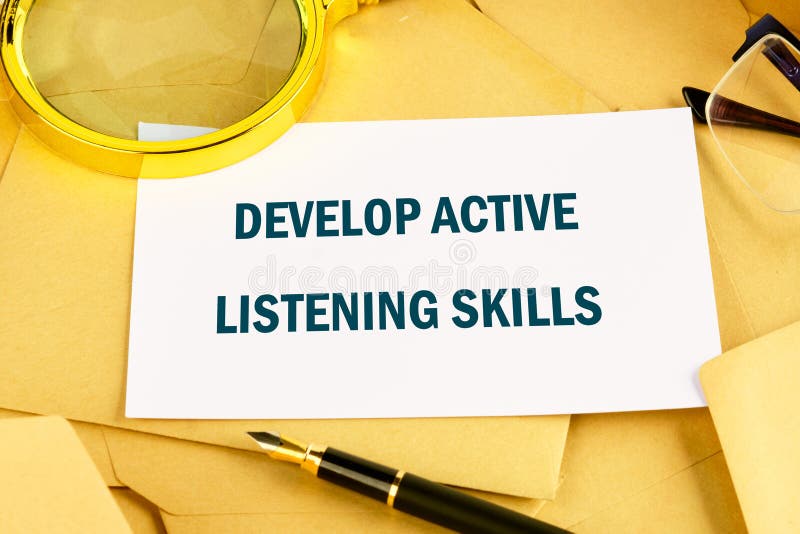Effective collaboration is an essential skill in both professional and personal settings. The ability to work well with others, share responsibilities, and navigate group dynamics ensures efficiency and success in various tasks. Whether in the workplace, educational environments, or social settings, coordinating with others skills plays a crucial role in fostering teamwork and achieving common goals.
With the rise of digital learning, a coordinating with other online course can help individuals improve their ability to collaborate in virtual and in-person environments. This article explores the importance of coordination, key skills required, challenges faced, and strategies to enhance collaboration effectively.
Importance of Coordinating with Others

Collaboration is vital in almost every aspect of life. Whether working on a business project, managing a community initiative, or participating in group studies, effective coordination ensures tasks are completed efficiently and goals are met. A coordinating with other online course provides structured learning on how to build these skills and apply them in different contexts.
Key Benefits:
- Enhances teamwork and productivity
- Encourages better communication and problem-solving
- Helps in conflict resolution
- Fosters mutual respect and understanding
Essential Skills for Effective Coordination
1. Communication Skills
Clear and open communication is the foundation of successful collaboration. It involves active listening, expressing thoughts clearly, and using appropriate communication channels.
2. Emotional Intelligence
Understanding and managing emotions while working with others helps in building strong professional and personal relationships.
3. Adaptability
Being flexible and open to change is essential when working in a team with different perspectives and ideas.
4. Conflict Resolution
Disagreements are inevitable in any collaboration. Knowing how to handle conflicts constructively ensures smooth teamwork.
5. Leadership and Initiative
Taking responsibility and contributing ideas can lead to better coordination and group success.
Challenges in Coordinating with Others
Despite its importance, effective coordination comes with its challenges, including:
- Miscommunication and misunderstandings
- Lack of clarity in roles and responsibilities
- Conflicts due to different working styles
- Difficulty in remote team coordination
Strategies to Improve Coordination Skills

1. Enroll in a Coordinating with Other Online Course
Taking a structured course focused on collaboration can provide insights into best practices and strategies to enhance teamwork.
2. Develop Active Listening Skills
Listening attentively and acknowledging others’ viewpoints improve relationships and foster a collaborative environment.
3. Define Clear Goals and Responsibilities
Setting clear expectations for each team member helps in reducing confusion and increasing accountability.
4. Leverage Technology for Collaboration
Using project management tools, communication platforms, and virtual meeting spaces helps in streamlining teamwork.
5. Encourage Open Feedback and Continuous Improvement
Constructive feedback and regular check-ins ensure that coordination efforts evolve over time for better efficiency.
Conclusion
Developing coordinating with others skills is crucial for personal and professional success. By investing in structured learning through a coordinating with other online course, individuals can enhance their collaboration abilities and navigate group dynamics effectively. Whether in traditional workspaces or remote environments, strong coordination skills contribute to better productivity, innovation, and overall success.
